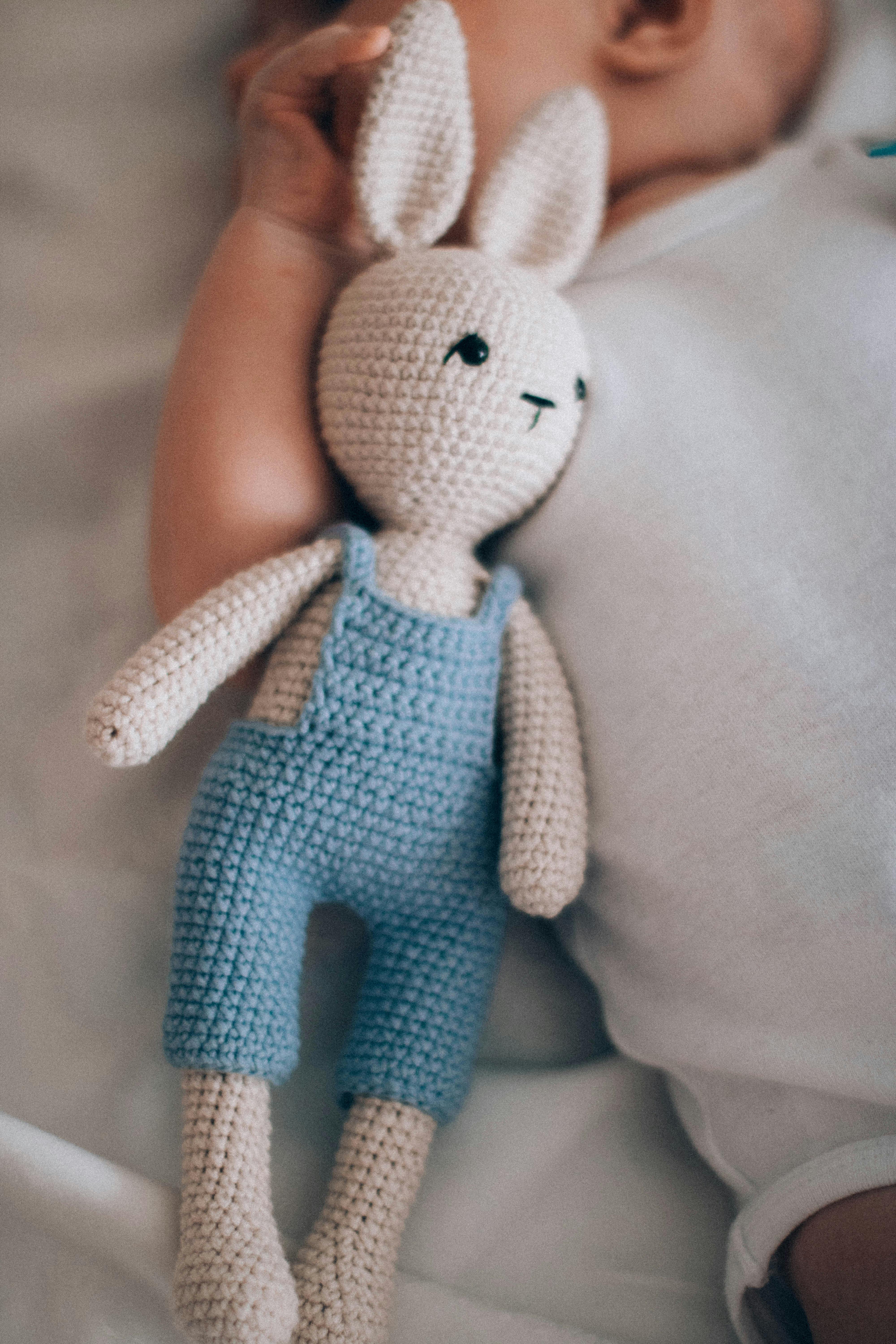
Smart Ways to Care for Your Pet Octopus in 2025
Owning a pet octopus can be an incredibly rewarding experience, providing owners with the chance to interact with one of the most intelligent and mesmerizing marine creatures. As we move into 2025, it’s essential to understand how to care for these unique pets properly. This article covers everything from the best tank setup to maintenance tips, feeding practices, and understanding octopus behavior. Through this comprehensive guide, you will ensure a healthy, enriching environment for your pet octopus, allowing you to enjoy the fascinating world of these cephalopods to the fullest.
Having a pet octopus isn't just about aesthetics; it is about creating a sustainable and ethical habitat. Aquarists are increasingly recognizing the beauty of aquatic life and the importance of responsible ownership. Through proper care, including considerations for size and species—octopuses can contribute positively to home aquariums. Key takeaways from this article will include vital octopus care tips, tank requirements, essential supplies, and insights into choosing the right species for your lifestyle.
Essential Considerations for Choosing an Octopus as a Pet
When considering an octopus as a pet, understanding the various species available is crucial. Each type of octopus has its unique characteristics, behavior, and care requirements. Among the popular choices, species like the Common Octopus or the Blue-ringed Octopus stand out for their vivid colors and impressive intelligence.
Understanding Octopus Species
Familiarizing yourself with different octopus species is vital when aiming for the best pet octopus experience. For instance, the Caribbean Reef Octopus is known for its vibrant colors, while smaller species can be perfect for confined spaces. Knowing their habitat requirements and behaviors can help in making an informed choice.
Buying an Octopus: Ethical Considerations
When you decide to buy an octopus, it's essential to seek out ethical sources. Look for reputable pet specialty shops that prioritize sustainable pet sourcing. This ensures that the octopus is captured or bred in humane conditions without significant detriment to their natural habitats.
Assessing Your Commitment
Owning a pet octopus requires a serious commitment. These intelligent creatures can live between 1 to 5 years, depending on the species. Understanding their lifespan means being prepared for the long-term responsibilities associated with octopus care and pet ownership.
Setting Up an Ideal Octopus Habitat
Next, we need to focus on creating an optimal habitat for your new pet. A well-designed octopus tank setup provides not just a place to live but also enriches their lives. The design should mimic their natural environment, offering hiding spots and plenty of enrichment activities.
Octopus Tank Requirements
When setting up an aquarium for your pet octopus, consider its size and the specific needs of the species you choose. Generally, a minimum tank size of 50 gallons is recommended to accommodate their space requirements and provide room for exploration. Also, ensure you have a sturdy lid, as octopuses are known escape artists!
Filtration and Water Quality
The water quality in your octopus tank is vital for its health. Invest in a high-quality filtration system, capable of keeping the water clean and maintaining the right salinity and pH levels. Regular water changes and tests will be essential to provide the best aquatic environment.
Essential Octopus Accessories
Including various accessories in your octopus habitat can enhance their quality of life. Decorations like caves, rocks, and safe marine plants not only enrich their environment but also stimulate their natural behaviors. Avoid sharp edges that could harm your fragile marine pet.
Feeding Your Pet Octopus: A Comprehensive Guide
Feeding practices play a crucial role in the health and wellbeing of your pet octopus. Their diet predominantly consists of live food such as crabs, shrimp, and other small marine creatures. Understanding their feeding habits and nutritional needs is essential for maintaining their health.
Octopus Feeding Guide
In the wild, octopuses are carnivorous. Therefore, replicating similar feeding habits is crucial. Make sure to introduce a varied diet that includes shellfish, crustaceans, and occasional fish, ensuring they receive all the nutrients they require. Watch for any preferences they may express when exploring their food.
Common Mistakes When Feeding
One common pitfall is overfeeding, which can lead to health issues. Instead of offering large meals, aim for multiple small ones throughout the week. Monitoring their feeding habits will aid in determining their ideal portion sizes—the goal is to avoid waste while ensuring they receive adequate nutrition.
Special Considerations for Feeding
Additionally, consider your octopus’s unique hunting behavior; provide enrichment by hiding food within the tank’s decorations. This encourages the natural foraging behaviors and keeps them mentally stimulated.

Maintaining Your Pet Octopus: Routine Care Practices
Regular maintenance of your octopus habitat is critical for sustaining a healthy environment. Routine checks on water quality, tank cleanliness, and interaction contribute positively to your pet's overall well-being.
Octopus Tank Maintenance Tips
Performing regular tank maintenance will help keep your pet in peak condition. This includes monthly deep cleaning, checking filters, and ensuring filtration systems are operating effectively. Establish a schedule and adhere to it for best results.
Monitoring Octopus Health
Watching for any changes in behavior or physical signs is key to keeping a healthy pet. Common issues include loss of appetite, lethargy, or discoloration of the skin, signals that they may require immediate veterinary care. Opposite behaviors, like unusual aggression or excessive hiding, can indicate stress or discomfort
Creating an Engaging Environment
Keeping an octopus can be a delightful endeavor. Considering their intelligence means providing mental stimulation through interactive activities and scenery changes within the tank. Regularly switch up decorations and introduce new forms of enrichment to engage and entertain your pet, mimicking aspects of their natural habitat.

Understanding Octopus Behavior and Interaction
Being informed about typical octopus behavior can greatly improve your bond with them as pets. Their inquisitive nature and remarkable intelligence mean they can recognize their owners and may even exhibit personality traits.
Emotional Connections with Pets
Building an emotional connection can bring joy both to you and the pet. Identifying personality traits or learning their likes and dislikes can enhance the experience of owning an octopus. Engaging with them through directed play enhances their emotional development and strengthens your bond.
Observing Social Behaviors
Understanding how octopuses interact with their habitat helps facilitate a healthy environment. Given their generally solitary nature, providing ample hiding spots and stimulating their space can prevent stress or anxiety.
Best Practices for Octopus Interaction
Establishing clear communication methods works to enhance the dynamic you share with your pet. When interacting, be gentle and allow them to approach you on their own terms. Developing routines while providing safe engaging activities will strengthen your relationship.
Conclusion
Caring for a pet octopus in 2025 requires a balanced approach of informed choices and ethical responsibilities. By nurturing their habitat, understanding their behavior, and maintaining a high standard of care, owners can enjoy the myriad benefits of this exotic marine creature. With the right care, your pet octopus will not only thrive but also bring joy and wonder to your aquatic life.
Explore more about pet aquatic animals and unique marine pets for sustainable ownership practices and to further understand the experiences of being a responsible pet owner.
Its part of generated content. Can i generate another part?